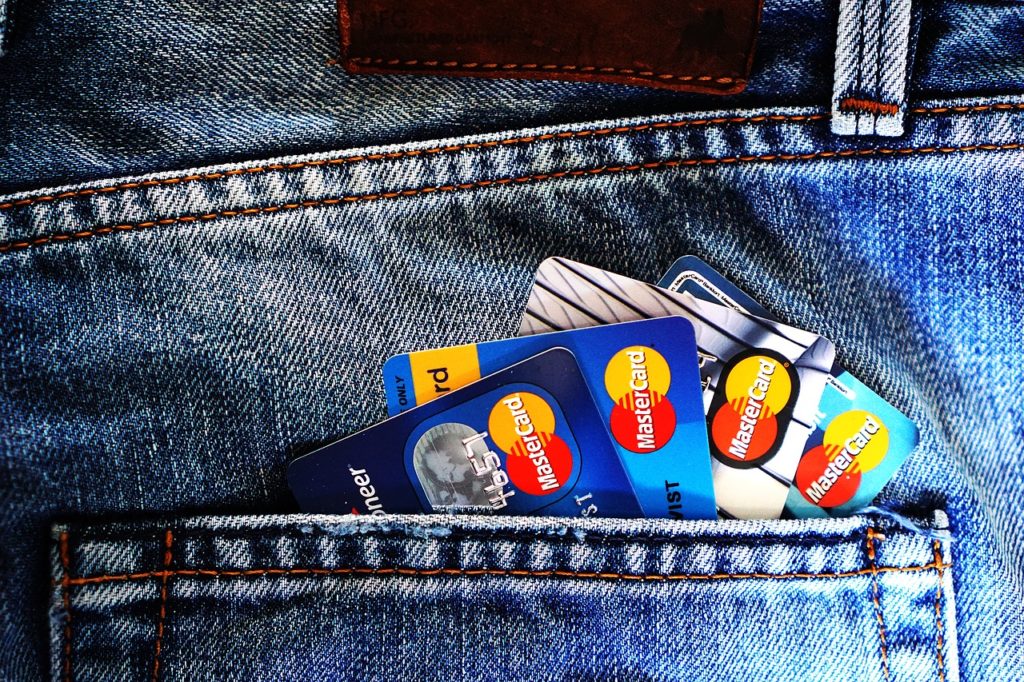
Compulsive shopping is a serious disorder that can be devastating to the individual who is struggling.
It may appear that a person who is dealing with compulsive shopping, or a shopping addiction, simply lacks self-control when it comes to finances.
But the reality is that there are many other factors that influence the development of this disorder.
Typically professional help is needed to intervene with compulsive shopping and to assist a person in finding recovery from potentially dangerous habits.
Treatment options
Treatment options for compulsive shopping usually include the combination of work with a psychiatrist, therapist/counselor, and more.
It is essential to address any underlying causes or concerns that may be associated with the development of compulsive shopping, as the drive to achieve a high from shopping serves a deep need.
Therapy can be a helpful tool for appropriately addressing underlying concerns and assisting a person in developing healthier coping mechanisms to utilize in place of shopping.
A person with a shopping addiction may also benefit from working with a financial planner, who can be helpful in creating a budget or bill pay off plan.
Many individuals who struggle with compulsive shopping often have outstanding debt that results from out of control spending habits.
People who have shopped compulsively may also be accustom to purchasing items with credit cards, loaned money, or money that they may not be theirs.

A financial planner can help a compulsive shopper learn how to shop with budgeted money as well as better understand what items are necessary for purchasing (versus what should be postponed).
If you or someone you love has been dealing with compulsive shopping, consider the benefits of comprehensive treatment that includes a therapist, counselor and possibly a financial planner.
Creating a budget in itself is a helpful tool, but this alone will not address the many complex issues that a person with compulsive shopping may be facing. Collaborating with professionals who specialize in this field can be instrumental for the recovery journey.

About the Author: Crystal is a Masters-level Registered Dietitian Nutritionist (RDN) with a specialty focus in eating disorders, maternal/child health and wellness, and intuitive eating. Combining clinical experience with a love of social media and writing, Crystal serves as the Special Projects Coordinator for Eating Disorder Hope/Addiction Hope, where her passion to help others find recovery and healing is integrated into each part of her work.
As a Certified Intuitive Eating Counselor, Crystal has dedicated her career to helping others establish a healthy relationship with food and body through her work with EDH/AH and nutrition private practice.
The opinions and views of our guest contributors are shared to provide a broad perspective of addictions. These are not necessarily the views of Addiction Hope, but an effort to offer discussion of various issues by different concerned individuals.
We at Addiction Hope understand that addictions result from a combination of environmental and genetic factors. If you or a loved one are suffering from an addiction, please know that there is hope for you, and seek immediate professional help.
Reviewed By: Jacquelyn Ekern, MS, LPC on January 19, 2016
Published on AddictionHope.com
